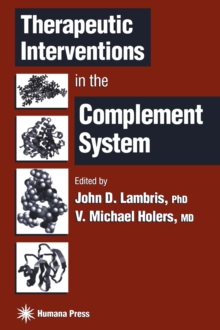
Immunosuppression and Human Malignancy PDF
by David Naor, Benjamin Y. Klein, Nora Tarcic, Jonathan S. Duke-Cohan
Part of the Contemporary Immunology series
Description
The immune system can deal effectively with the majority of viruses and bacteria, less effectively with parasites, and very poorly with cancer.
Why is this so? Why are McFarlane Burnet's and Lewis Thomas' predictions that the immune system is in- volved in ridding the body of cancer cells, encapsulated in the catchy phrase "immunologic surveillance," so difficult to experi- mentally establish?
Cancer differs from infectious agents in being derived from the host.
Hence, it has been postulated that cancer cells lack anti- gens that the immune system can recognize.
They are not "im- munogenic. " However, this argument is seriously weakened by the existence of numerous human autoimmune diseases, in which the immune system effectively recognizes and attacks a va- riety of self tissues.
Thus, the potential clearly exists for recogni- tion of the surfaces of tumor cells.
Professor Naor and his colleagues have written a book that explores another possible reason: cancer cells are recognized by the immune system-but is it possible that the consequence of recognition is inhibition of the immune system-by suppressor T cells or macrophages?
The evolution of the malignant state may only occur in individuals who develop this suppression.
This book reviews the evidence that suppressor cells, poorly characterized and difficult to study, may be of fundamental im- portance in cancer.
In fact, our incapacity to understand the na- ture of suppressor cells and their mode of action is one of the ma- jor problems in immunology research today.
Information
-
Download - Immediately Available
- Format:PDF
- Publisher:Humana Press
- Publication Date:06/12/2012
- Category:
- ISBN:9781461244967
Other Formats
- Hardback from £95.55
- Paperback / softback from £73.75
Information
-
Download - Immediately Available
- Format:PDF
- Publisher:Humana Press
- Publication Date:06/12/2012
- Category:
- ISBN:9781461244967










